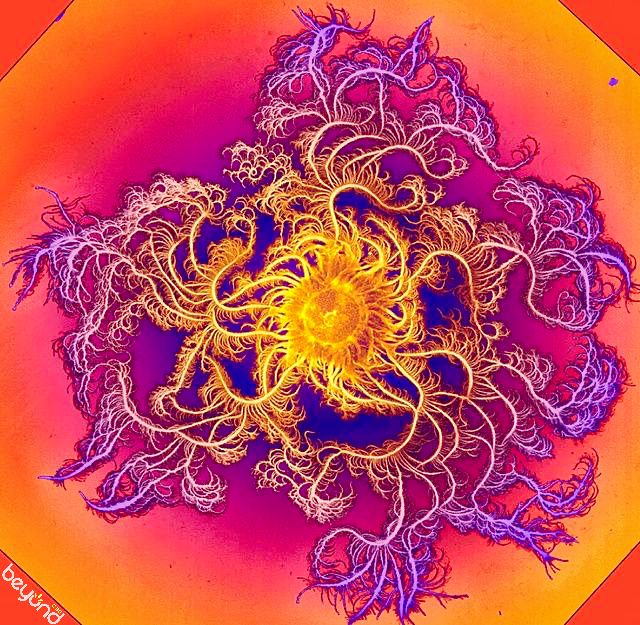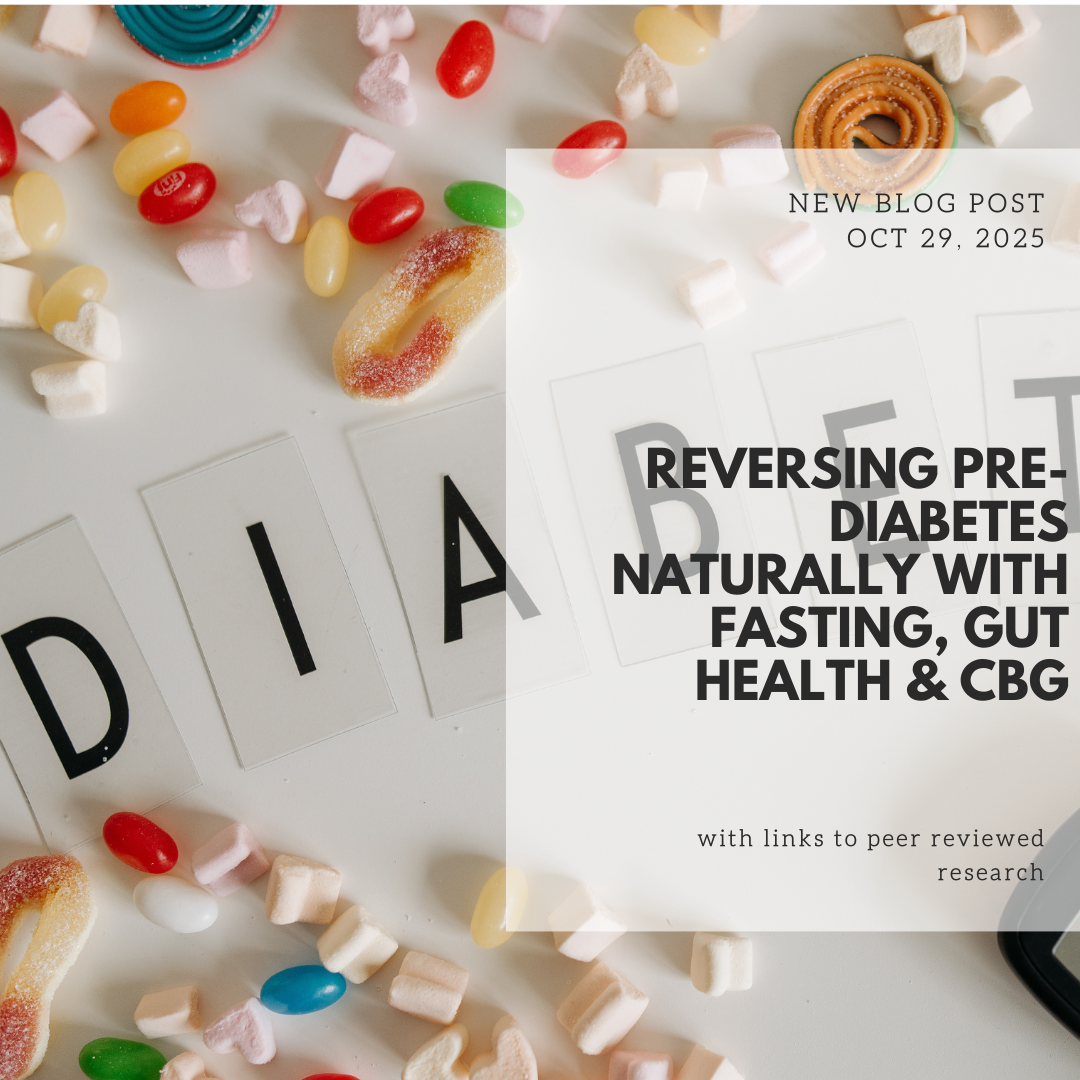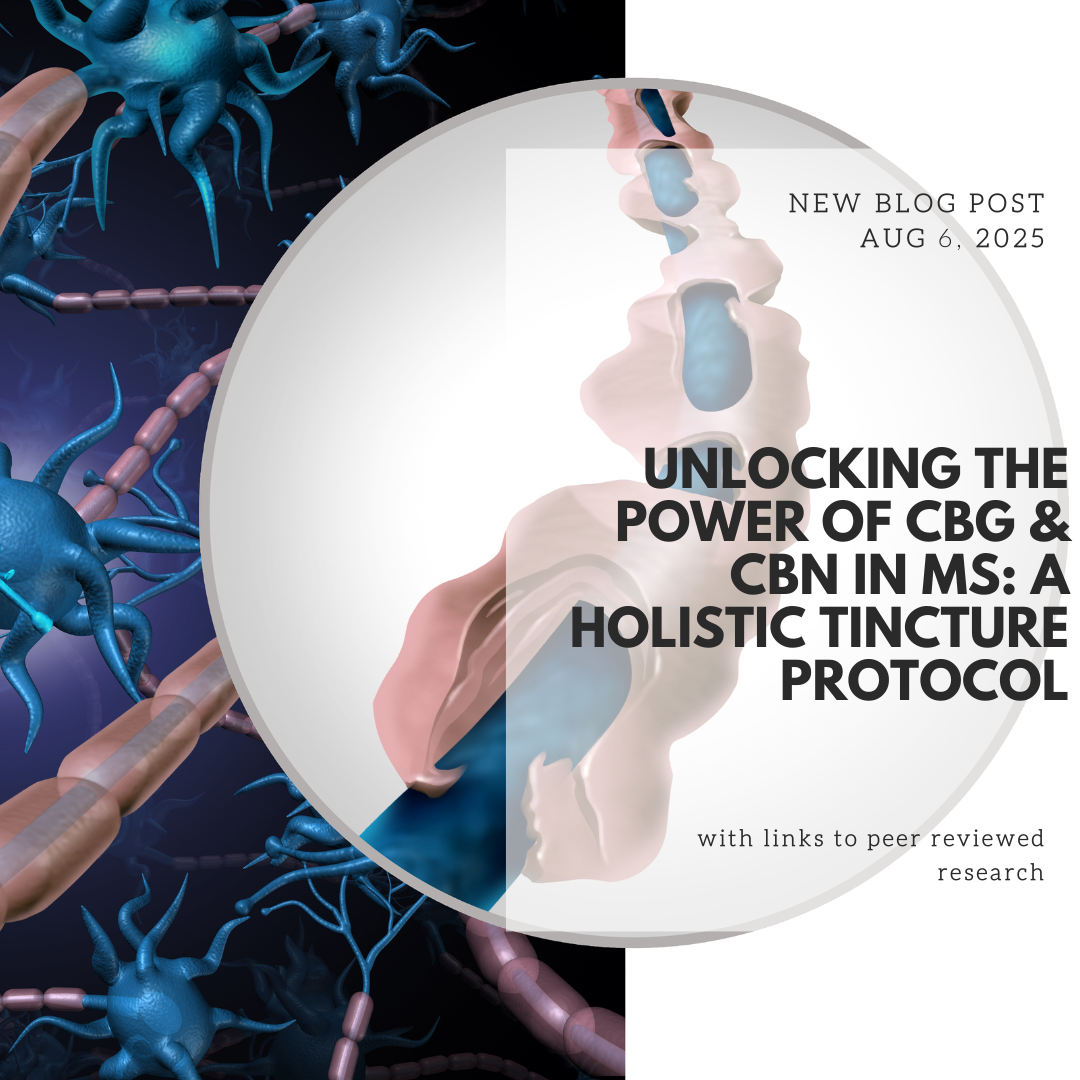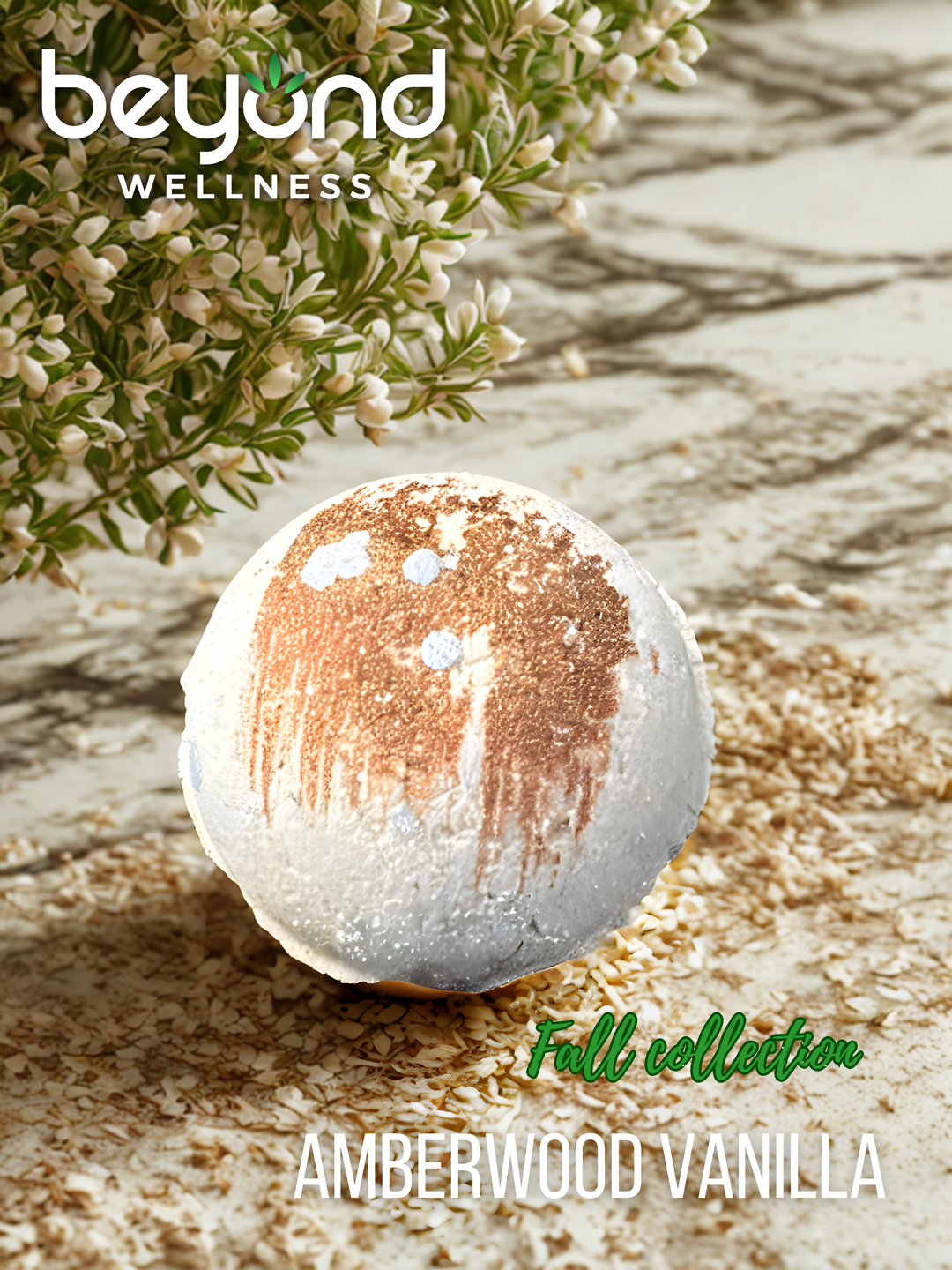Hemp for Gut Health

Human health is a complex and often objective condition that can be difficult to define, cultural and physiological variation is often a mitigating factor in determining whether a person is “healthy.”
One undeniable connection to the health of any mammal is the health of the bacteria in their body.
In a national geographic exclusive a study was examined in which “three scientists led by the Weizmann Institute of Science’s Ron Milo find that the average human male is made of 30 trillion cells and contains about 40 trillion bacteria, most of which reside in his digestive tract.” These over 1000 species of bacteria also encode 100 times more genetic material than make up the human genome.
The symbiotic relationship between the microbiome in your gut is integral in preventing disease and is paramount in maintaining health.
Today’s blog will focus on the endocannabinoid system and its mechanism as a bridge between the bacteria and the body itself – especially in the relay to communication with the brain – a subject that has received a distinct lack of attention outside of scientific journals.
As in any system, imbalance causes problems. Humans need a steady stream of bacteria to maintain a healthy gut microbiome, these bacteria help break down the foods we eat and allow nutrients to be readily absorbed in the digestive tract. Other mitigating factors that influence the microbiome are exercise, diet, pharmaceuticals, and the consumption of cannabis or hemp.
We will let you guess which of these factors will result in a healthy gut biome vs. one considered imbalanced, or impaired.
- Interactions between gut microbiota and the ECS were first documented in a study that occurred in 2010. “A Belgian research team showed that altering the gut microbiome of obese mice through prebiotics, foods that promote the growth of beneficial bacteria, altered ECS expression in fat tissue with implications for lipid metabolism and fat cell formation.”
- Additional evidence came in 2015, when researchers in Canada administered a daily regimen of tetrahydrocannabinol (THC) to mice sustained on a high-fat diet. The results were aligned with their hypothesis: “Gut microbiome health in these animals improved after 3 to 4 weeks to more closely resemble that of animals fed a healthy, balanced diet.”
- In 2018, researchers used archived anal swabs to assess the microbiomes of HIV-positive individuals. They found that cannabis use was associated with decreased abundance of two strains of bacteria linked to obesity.
- Scientists found that “microbiome health may be improved through plant cannabinoids, including both THC and cannabidiol (CBD), as well as through the body’s own endocannabinoids, anandamide and 2-AG, whose production is stimulated through exercise and the regular consumption of certain foods.”
- Important to note, from a recent study we covered by Nagarkatti- a leading scientific mind- “Suppressing inflammation in the colon as well as systemically is very critical for preventing any type of disease, because right now inflammation is considered to be the underlying cause of everything, not only autoimmune disease but cardiovascular and neurodegenerative diseases, PTSD, Alzheimer’s, obesity, cancers, COVID-19,” Nagarkatti says. “You name it and there is inflammation.”
This and supplemental studies are consistently showing that we impact our gut microbiome not only through diet, exercise, and pharmaceuticals, but also through the consumption of cannabis – all via the multifunctional ECS. While the molecular mechanisms, the hard “why” to how it works has yet to be clearly illuminated, the science shows that THC and CBD have the power to help prevent disease, chronic inflammation, and is an integral tool in maintaining a healthy gut. So spark it up, soak it in, cannabis is not a sin.
REFERENCES:
How Many Cells Are in the Human Body—And How Many Microbes? (nationalgeographic.com)
https://pubmed.ncbi.nlm.nih.gov/22647050/
https://www.nature.com/articles/nrendo.2015.211
https://pubmed.ncbi.nlm.nih.gov/27133395/
https://journals.plos.org/plosone/article?id=10.1371/journal.pone.0144270












Leave a comment